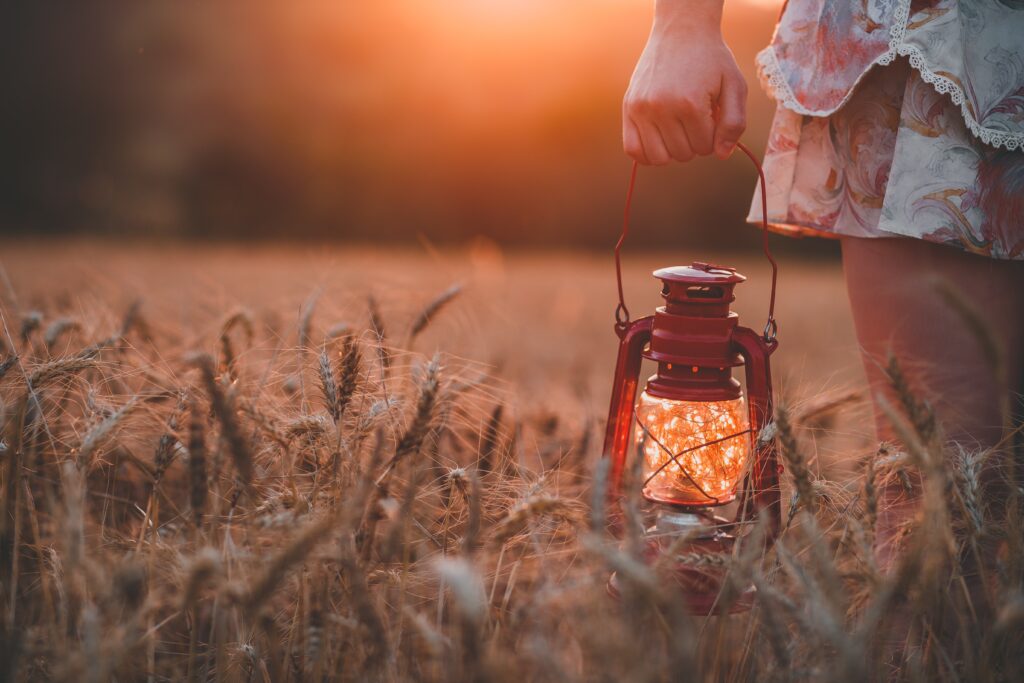
Am I not my sisters’ keeper? As we
shout when wolves crouch down, and
hold back blood and tooth and claw
with flimsy skirts and petticoats
and when we cheer the jungle king
that lies with calves in sweet green clover
water washing rocks and mistakes clean.
Wisdom, pain and sorrow, shame
water washing rocks and mistakes clean.
Am I not my sisters’ keeper
as the pressures of our lives erupt?
Who can calm my sister down?
Bowls of water, cool fresh water
wiping fevered brows with prayer.
Rock of Ages, cool fresh water
offering faith and love and hope and prayer.
Sensing spirits in the wind, women
open arms and gather in,
honoring, remembering truth.
Am I not my sisters’ keeper? Speak
the name of Frances Ellen Watkins Harper
poet, abolitionist, I speak
the name of Emma Caldwell Gatewood
climbing mountains, seeking heaven.
Women clenching stories in their thighs,
and in their breasts and in their wrists.
Standing tall in unity, the
sisters reach for stars while wiping mud
from faces, boots and fingers, toes
Am I not my sisters’ keeper?
Shout the words you tell ‘em sister
knowing that they’ve said them first.
Oh, they are their sisters’ keepers
midwives, gardeners, mothers, saints, oh
keeping secrets of the night, my sisters
hold them in their throats and hearts.
Voiceless women with a voice so strong
the Milky Way bends down in awe.
So shout it sister, say it loud
oh say it proud ‘cuz am I not my sisters’
keeper as we dance in darkness, light
a lamp and hold that flame above hunched
heads? Candles flicker, hearts can break
while sisters whisper, sigh and moan and cry.
Leaving hearth behind, surrendering
what’s safe, the sisters plunge
into the dark, burning fingers, scorching palms
and then they light that lamp again.
Then, oh my sisters.
Then, my sisters.
Oh, my sisters.
And then we light that lamp again.
Frances Ellen Watkins Harper
Dubbed an extraordinary “person of color,” Frances Harper has, by and large, been forgotten by history. She was a fascinating woman, a poet and abolitionist, essayist, public speaker, journalist, teacher, suffragist and published fiction writer born in 1825 in the United States when much of her race was enslaved. She spent time living in the Columbus, Ohio area, and she sent money and otherwise helped Mary Ann (Day) Brown when that woman’s husband, John, was sentenced to die for attempting to arm slaves and lead an uprising at Harper’s Ferry. I first learned about Frances when looking for Civil War-era poetry to read at an event, and she became the subject of my play, Bound Together: One Great Bundle of Humanity.
Emma Gatewood
Emma Rowena Caldwell Gatewood, an Ohioan, was the first woman to solo-through hike the Appalachian Trail, doing so at the age of 67. She repeated the feat two more times to become the first person, man or woman, to complete this remarkable accomplishment three times. She is the subject of the Emmy-nominated documentary, Trail Magic: The Grandma Gatewood Story; it appeared on PBS and I have sole writing credits.